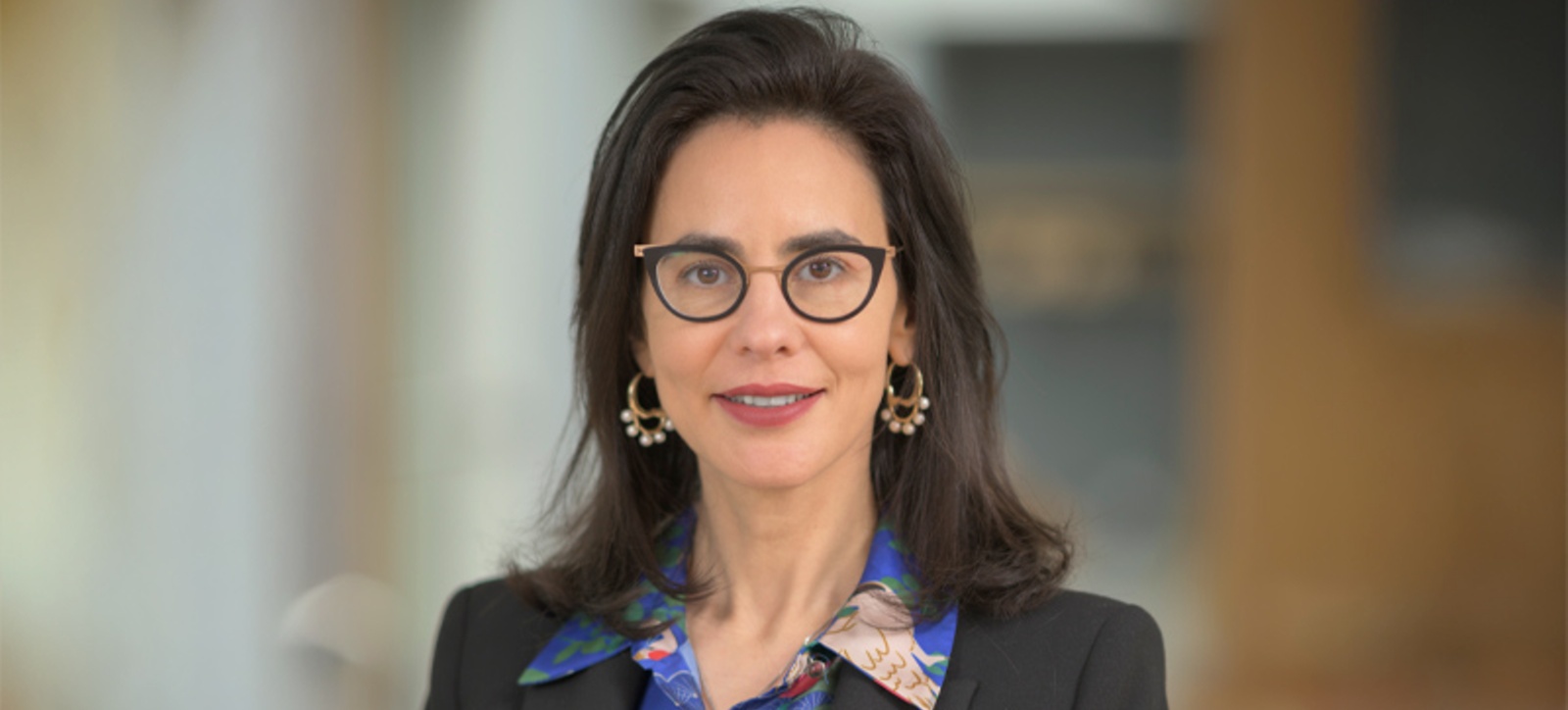
In the AI of the storm: Hila Lifshitz, Professor of Management and Director of the Artificial Intelligence Innovation Network
Some of the world’s leading AI researchers came together for the Artificial Intelligence Innovation Network Conference at Warwick Business School.
The conference brought together research on the theme of AI in the Wild with academics from the likes of Stern School of Business, the University of Cambridge, and ESSEC Business School revealing their latest papers.
Lamar Pierce, of Washington University and Editor of top academic journal Organization Science, plus Joel Gehman, of George Washington University and Division Program Chair of the Academy of Management Organization and Management Theory Division attended the conference.
Hila Lifshitz, Professor of Management and Director of the Artificial Intelligence Innovation Network (AIIN), said: “It was a fascinating conference with more than 120 academics attending, and these were some of the best in the field. The research discussed was really interesting and we are hoping that bringing everyone together will help facilitate more ideas and research to explore what is a very fast-moving field.
“AI has the ability to interact with us in ways that were previously unimaginable, and it can be applied to a wide range of tasks, from creative writing to medical diagnosis.
“The amount of interest in this technology is mesmerising. But as researchers we must remember that this is a moment of hype, and we need to distinguish what is truly novel.
“One of the big questions we face is the future of work. We need to learn from history and consider the potential impact of AI on jobs and industries.”
Professor Lifshitz’s own research has revealed how important it is for workers to dig into what the AI is trained on – it’s ‘ground truth’ – before adopting it for their business or hospital.
And at the conference her research partner Steven Randazzo, a PhD student at WBS, revealed their work on how those using generative AI at work fall into three camps: cyborgs, who co-create with generative AI and develop new skills in the process; centaurs that direct the generative AI to enhance their existing skills; and self-automators who hand over the whole task to AI and so gain no new skills.
Shahzad Ansari, of the University of Cambridge, discussed his research on using AI for strategic decision-making, which outperformed CEOs it tested, but struggled to cope with ‘black swan’ events like the COVID-19 pandemic.
He is now researching how AI ‘digital twins’ can be used as strategic partners for companies, where the twin houses all the knowledge of the organisation so managers can question it and refine their strategy, using it as a ‘sandbox’ to test and experiment with.
Meanwhile, Luciana D’Adderio, of the University of Edinburgh, presented her study on doctors using AI to diagnose hyper acute strokes, with the technology analysing CT and MRI scans using deep neural networks.
Another key discussion point was the need for careful regulation of AI to mitigate potential risks. While AI offers immense benefits, it also raises concerns about privacy, bias, and the potential for misuse.
Professor Lifshitz added: “Policymakers, academics and industry leaders must work together to establish guidelines and standards that ensure the responsible development and deployment of AI.
“As researchers we need to cultivate a new generation of AI-literate workers. This means developing skills in prompt engineering, critical thinking, and ethical decision-making.
“As the AI landscape continues to evolve, the AIIN conference provided a valuable platform for exploring the opportunities and challenges ahead. By fostering collaboration between researchers, industry experts, and policymakers, AIIN is helping to shape the future of AI in a way that benefits society as a whole.”
Further reading:
No shortcut to upskilling: Why managers can't rely on Gen Z on generative AI
Beyond the hype: what managers need to ask before adopting AI tools
Discover more about our Change Makers at Warwick Business School.




 X
X Facebook
Facebook LinkedIn
LinkedIn YouTube
YouTube Instagram
Instagram Tiktok
Tiktok